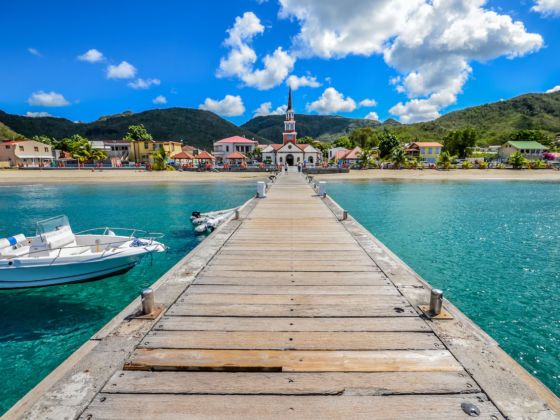“C’est pas évident,” the locals and expats told me when I asked how to get more involved in local life: It’s not obvious, self-evident, or straightforward.
It took me two trips to Martinique, one of the French overseas departments in the Caribbean, to figure out that simply being in a place didn’t necessarily mean that I would be able to give insight into what it’s really like. It has taken learning new things, being open enough to put myself in uncomfortable situations, and the strength to overcome the discomfort to discover the tip of the cultural iceberg on this island.
